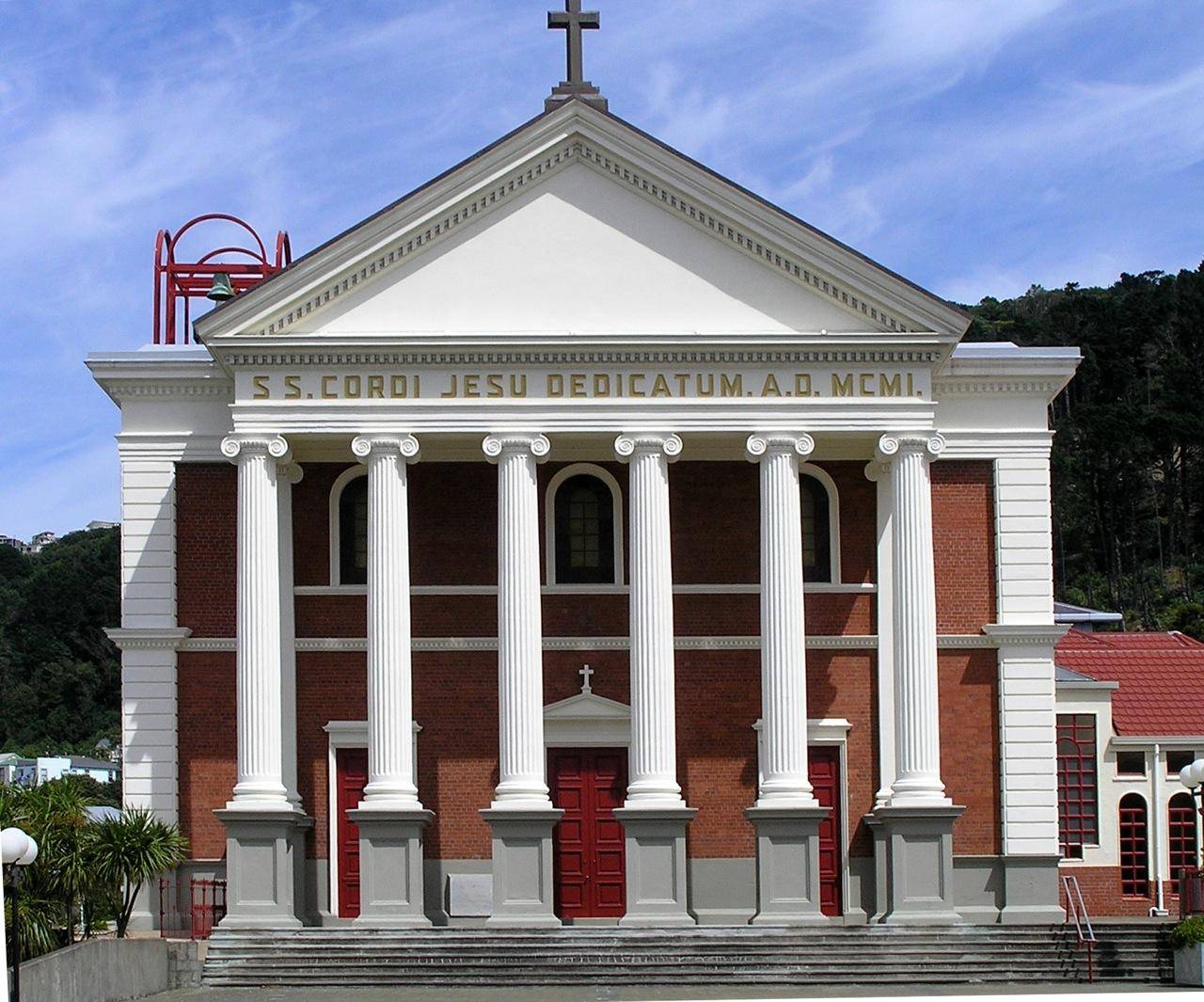ROME – On Wednesday morning, the Australian Church distributed a document to the 280 delegates of its nationwide consultation process taking place in July.
The crisis in the Australian Church, says the document, “has several dimensions,” ranging from addressing the continuing effects of the “criminal and sinful abuse of minors” to addressing the public trust in the institution’s governance and procedures.
The consultation process will also address recommendations made by the Royal Commission into Institutional Responses to Child Sexual Abuse, which was established by the Australian government a decade ago and issued a final report in 2017.
The Framework for Motions is setting the agenda for the second and final assembly of the Fifth Plenary Council of Australia, taking place July 2-9.
“Action is needed concerning the viability and sustainability of dioceses, parishes, religious institutes and ministries due to changing demographics, personnel and resourcing. We need to find ways to develop the charisms of the ordained and of all the baptized in the church, in existing and new ministries that foster the mission of the church today,” the document says.
However, despite the challenges, the Council argues that this is also a time for hope in the local church, with a “stronger awareness of the presence of the Lord Jesus and his life-giving Spirit in the hearts of believers, in the communal life of the church, in all human cultures and peoples, and throughout creation. This hope encourages us to work together with other Christians, religions and people who share our Gospel-based values, to strengthen the service, advocacy and prophetic presence of the church in Australian society.”
The document also expresses “profound sorrow” to those who have been hurt though an encounter with the church, those who have experienced marginalization, “including Aboriginal and Torres Strait Islander people, women, those divorced, those who identify as LGBTIQA+ and those who have suffered abuse of any form.”
The Catholic Church in Australia embarked on its Plenary Council on Pentecost 2018, before “synodality” became a buzz word in Pope Francis’s pontificate, and long before he called for a worldwide summit on the topic.
The bishops decided to call the local church to undertake the journey of the Fifth Plenary Council in 2016.
Plenary Councils are assemblies of a nation’s bishops and were very common in the 19th century. In the United States, the famous Baltimore Catechism used in the parishes before the Second Vatican Council was named for the Third Plenary Council of the U.S., which took place in Baltimore in 1884. However, plenary councils became less common in the 20th century, and the last plenary council in Australia took place in 1937.
The organizers of the latest event carried out a nationwide consultation designed to crystallize the key themes and issues confronting church life at every level. About 220,000 people responded to the question: “What do you think God is asking of us in Australia at this time?”
Rescheduled due to the COVID-19 pandemic, the first assembly of the council met in Oct. 2021.
“From the very beginning of this journey, we have been seeking to listen to what the Spirit is saying, and this document, which I am privileged to be able to offer you now, is the fruit of both the listening to, and the discerning of, all that we have shared together,” wrote Archbishop Timothy Costelloe, president of the Council and archbishop of Perth.
The 44-page document includes 30 motions the delegates will vote on to determine if the Plenary Council will adopt them or not during the Second Assembly, which will take place in Sydney.
From now until June 15, members of the Plenary Council get to propose amendments to the motions and both these and the motion themselves will be voted on during the Second Assembly.
At times marked by the “transition of Australian society from a predominantly Christian population to a multireligious, multi-cultural and non-affiliated society, together with the public acceptance of diverse forms of marriage and family life, sexual orientation and gender identification,” and taking into consideration the impacts of the pandemic in all spheres of life, the council embraced the “urgent need” to develop an “integral ecology of life” that requires what recent popes have dubbed an “ecological conversion.”
The motions are divided into eight sub-groups that range from “Reconciliation: Healing Wounds, Receiving Gifts,” addressing the behavior of the Australian Church with regards to the country’s Indigenous populations; to “Choosing Repentance – Seeking Healing,” focusing on the clerical abuse crisis in Australia.
Other topics are missionary discipleship, being witnesses to the equal dignity of women and men, formation and leadership, governance, and the care of God’s creation.
On the Aboriginal and Torres Strait Islander people, the document acknowledges that the church in Australia “has been caught up in this history of dispossession, Stolen Generations, the undermining of language and culture, and racism.” Even though dioceses and religious orders have made “sincere efforts to share faith, education and pastoral services” with these people, “much suffering has been inflicted by the misguided attempts of those who were ignorant of the cultural richness of these peoples.”
Moving forward, they say, “we will not be fully the church that Jesus wants” until these peoples have made their contribution to the life of the church, and until it has been “joyfully” received by others.
Similarly, when it comes to crimes of a sexual nature perpetrated by church employees, clerics and laity, the church must apologize to survivors and their families; commit to respond with justice and compassion to those suffering; implement safeguarding measures and invite all members of the church to ensure safe and respectful environments within the institution.
If the motions on the section about missionary discipleship are adopted, the Plenary Council will commit the church in Australia to being “centered on Christ,” and promoting hospitality, encounter, dialogue, and mercy. It also calls for dialogue with those who experience marginalization, and to develop a long-term plan to evangelize the faithful “on the sanctity of life, the nature of the human person, sexuality, marriage and family; for the support of people to live healthy marital and sexual lives; and for proclamation of the Gospel through Catholic engagement in the public arena and contribution to public debate on issues relating to marriage and sexuality.”
On equality between men and women, they call for “enhancing the role of women in the church,” which includes further conversation – both locally and with the Vatican – about the possibility of ordaining women into the diaconate, more public recognition for women, and if necessary, to “remunerate more appropriately” those women who are already leading and serving in the church.
The Council could also approve the establishment of provisions for lay people to preach.
Follow Inés San Martín on Twitter: @inesanma















